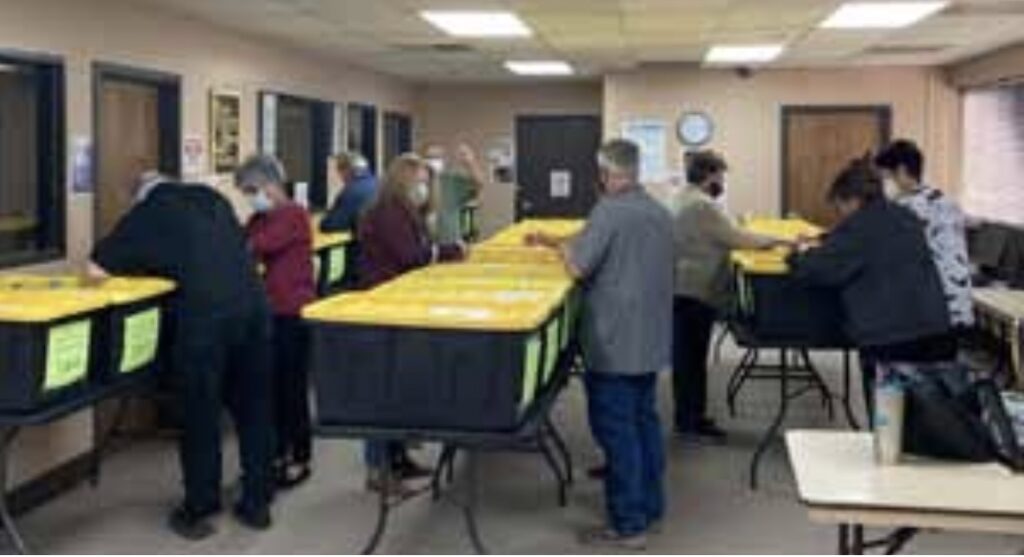By: Ernest Gurule
In just six weeks, it’ll be all over. No more radio, television or internet advertisements on the election. But until then, there will be daily reminders that the mid-term election is just around the corner. And while the bombardment of campaigning may seem almost punishing, the election will be deciding everything from who will be representing you to how best to deal with local issues, including things like growing homeless populations.

Pueblo County, the hub of Colorado’s third congressional district, covers both the state’s eastern plains as well as the entire western slope. It includes nearly thirty counties and is bigger than several eastern states. Its two urban hubs are Pueblo and Grand Junction.
When the city steel mill was running on full tilt with a strong union membership, it could almost always be counted on to vote Democratic. Those were the days, but they’re over, said County Clerk and Recorder Gilbert Ortiz. “The last time I checked, Unaffiliated was the biggest party,” he said. “A lot (of people) don’t agree with both parties,” he said.
Pueblo’s largest voting bloc is now the Unaffiliated or Independent voters followed by Democrats and then Republicans. Unaffiliated and Democrats are separated by less than 1,500 voters, roughly 43,000 to just over 41,000. Republicans show approximately 29,000 voters.
The county’s move from blue to red is not a sudden phenomenon, said Ortiz. The county is still ‘blue collar,’ but not so blue that Ronald Reagan or George Bush couldn’t win it. It’s also no longer a place where Hispanic voters are a lock for Democrats.
And while Democrats may no longer be the party of choice, people like retired Army captain George Autobee still invests his time in stressing everywhere he can that voting—no matter party affiliation—is still important.
Autobee heads up the non-partisan Pueblo Voter Registration Project. He recently spent twelve straight days along with his colleagues at the Colorado State Fair getting people registered for November. It was an uphill battle.
“It’s vital, what I do,” he said. “Religious people have their calling, this is mine. I do this because it’s the (small ‘d’) democratic way.” While he said he would have liked get- ting more people to sign up to vote—he got less than 70 over the twelve-day run of the fair—he nonetheless planted a seed in scores of people’s minds about its importance.
A reason given by a number of people who don’t vote is their loss of faith in the system, a recurring theme echoed by national leaders, including ex-President Trump who continues to say that the 2020 election was stolen. It’s a claim that Ortiz, a twelve-year veteran of the Clerk and Recorder’s Office, disavows.
“Nobody out there is stealing votes,” he said. Ortiz, himself, lost his primary race and will serve only until January when his successor is sworn in. The argument about stolen elections, he believes, is nothing more than an effort to keep “certain people from voting…making it more difficult.” “Nobody is trying to fix elections.”



